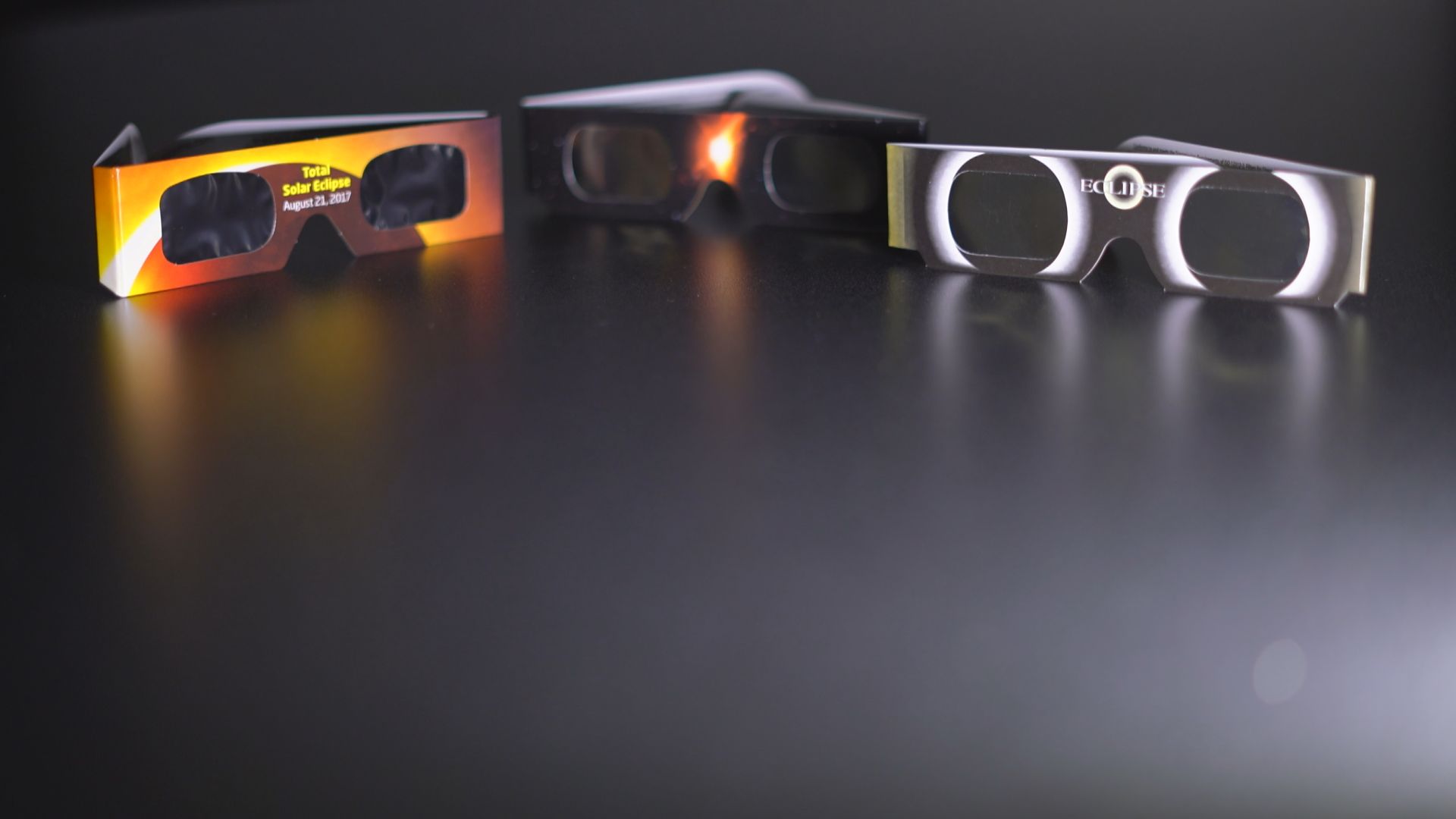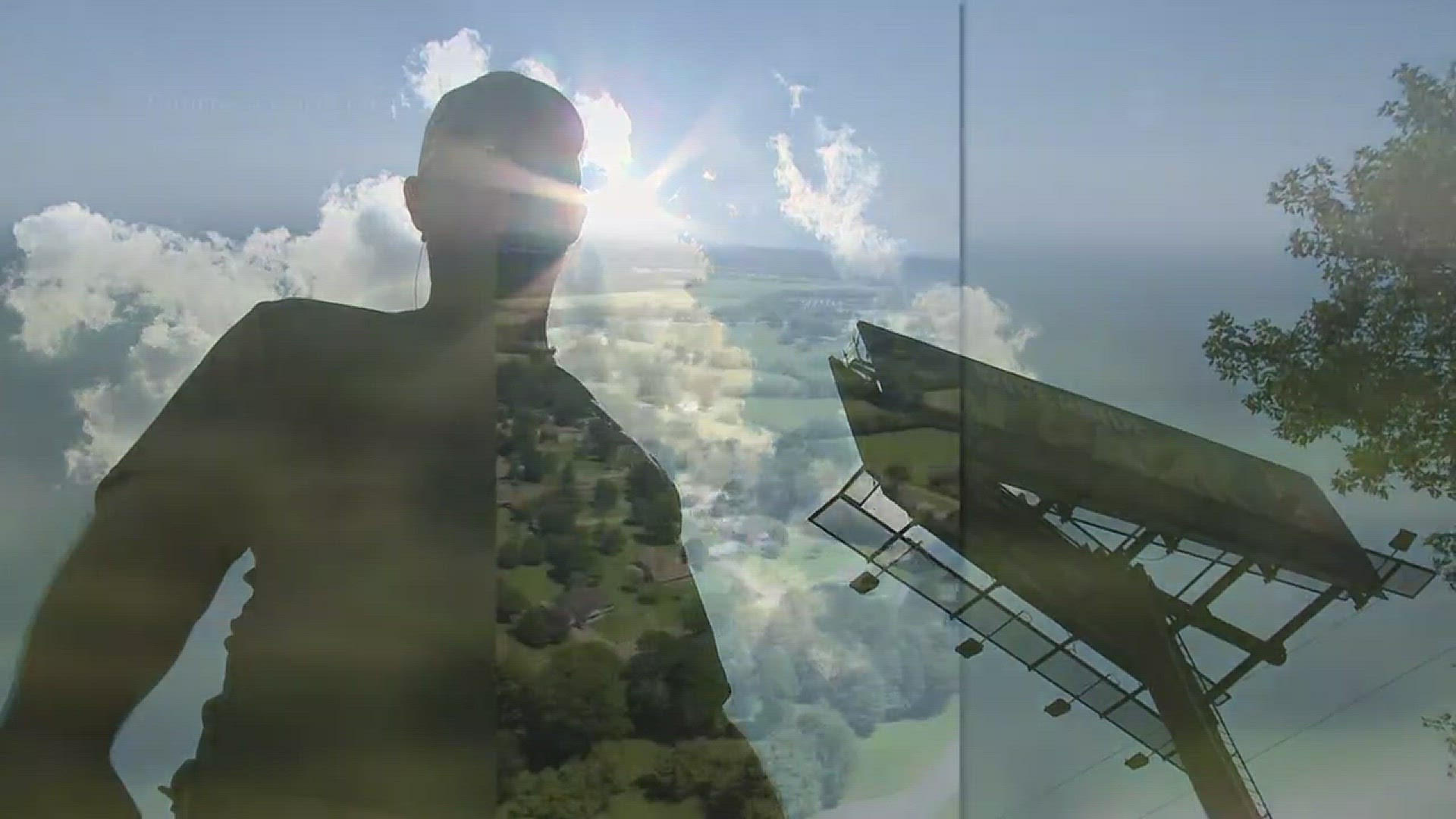Eclipse glasses are a hot commodity in East Tennessee right now. But for the lucky people that already have a pair, how do you know they’re safe?
Counterfeit or un-certified glasses can look very similar to legitimate filter designs, but can cause lasting damage to your vision.
“You worry about it,” said Dr. Paul Froula, an ophthalmologist at University Eye Surgeons in Knoxville. “I’ve seen people that have had damage from previous eclipses, or staring at the sun for other reasons. It’s permanent damage, and serious to think about.”
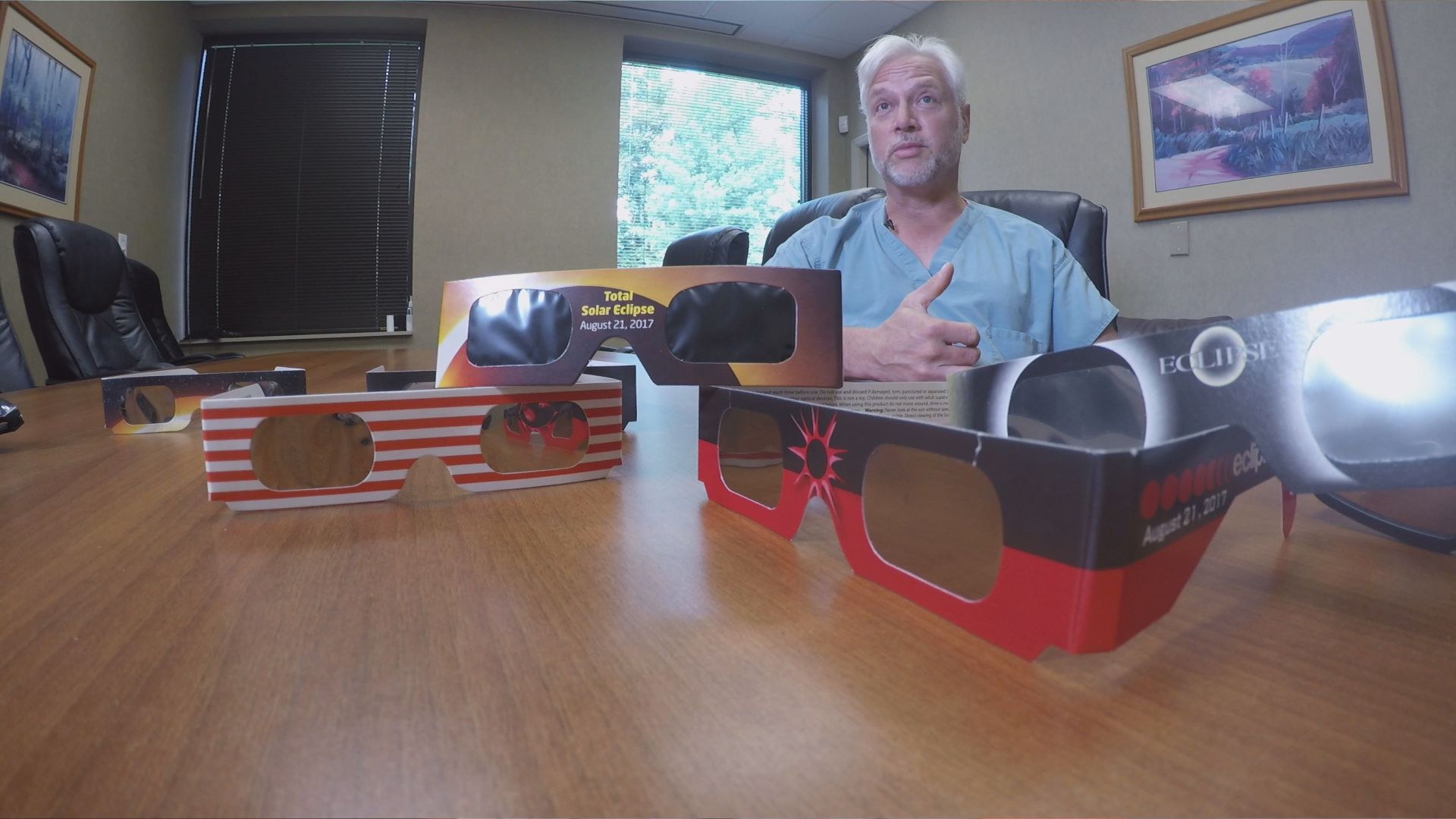
Thousands of people are still trying to get solar glasses before Monday’s total eclipse. Tuesday, a line formed at The Muse children’s museum before it opened, and stretched around the block. The Muse sold 4000 pairs of eclipse glasses in less than two hours. It was their third re-order.
“It’s been absolutely insane,” said executive director Ellie Kittrell. “We’ve been going non-stop.”
Dr. Froula warns that when it comes to eye protection, you can’t be too careful. Fake, damaged, or un-certified glasses can cause a permanent burn inside the eye – known as a ‘solar maculopathy.’
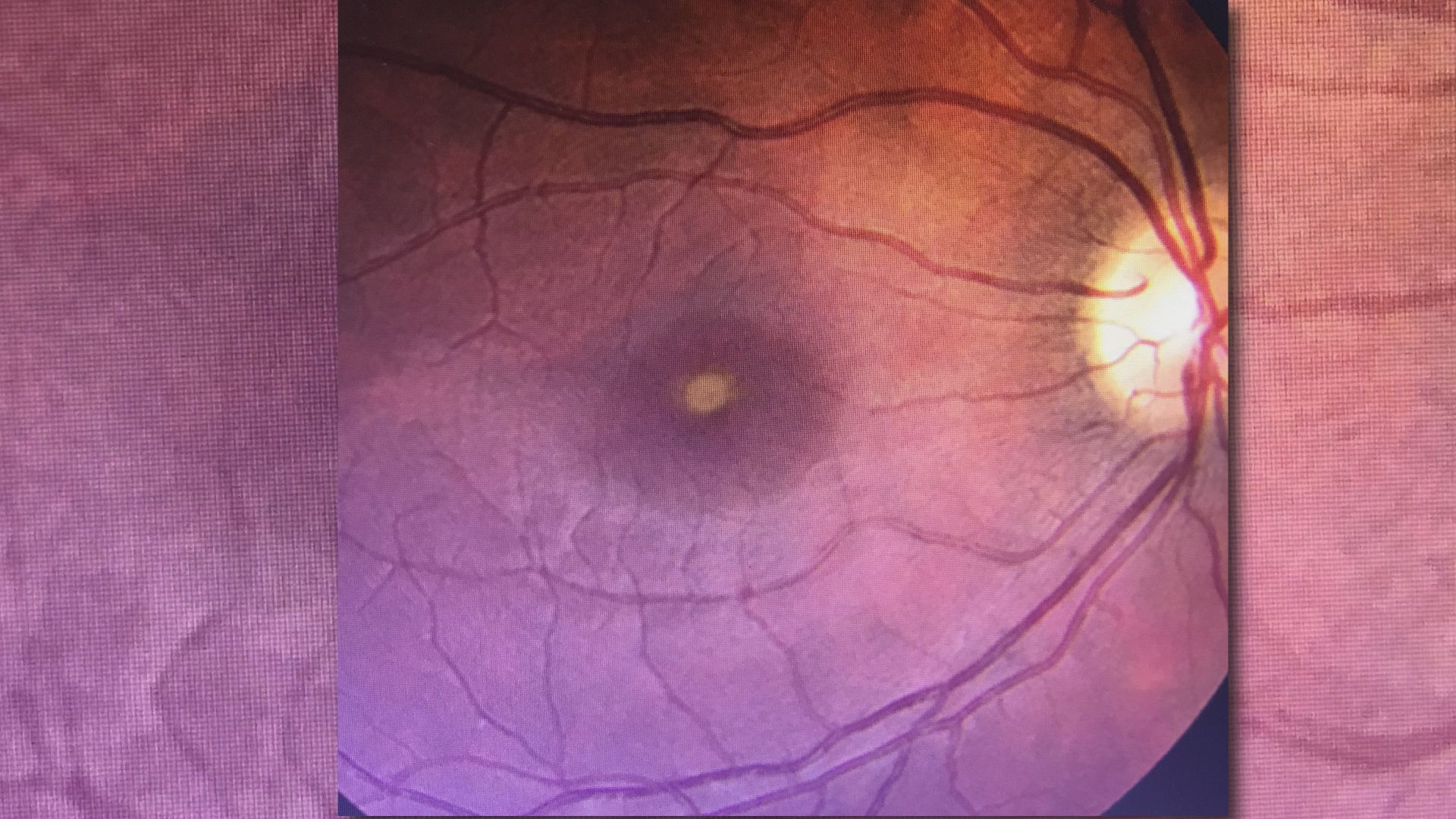
“The macula is the part of our eye we see best with,” he said. “The part you read with, the part you can tell your honey from your grandma with.”
Froula said while the sun’s light isn’t any more intense during an eclipse, the potential for damage is greater. On a normal day, the sun is too bright, and we naturally look away, protecting our eyes. But during the partial eclipse, the light is dimmer, so people are able to stare at the sun long enough to cause damage.
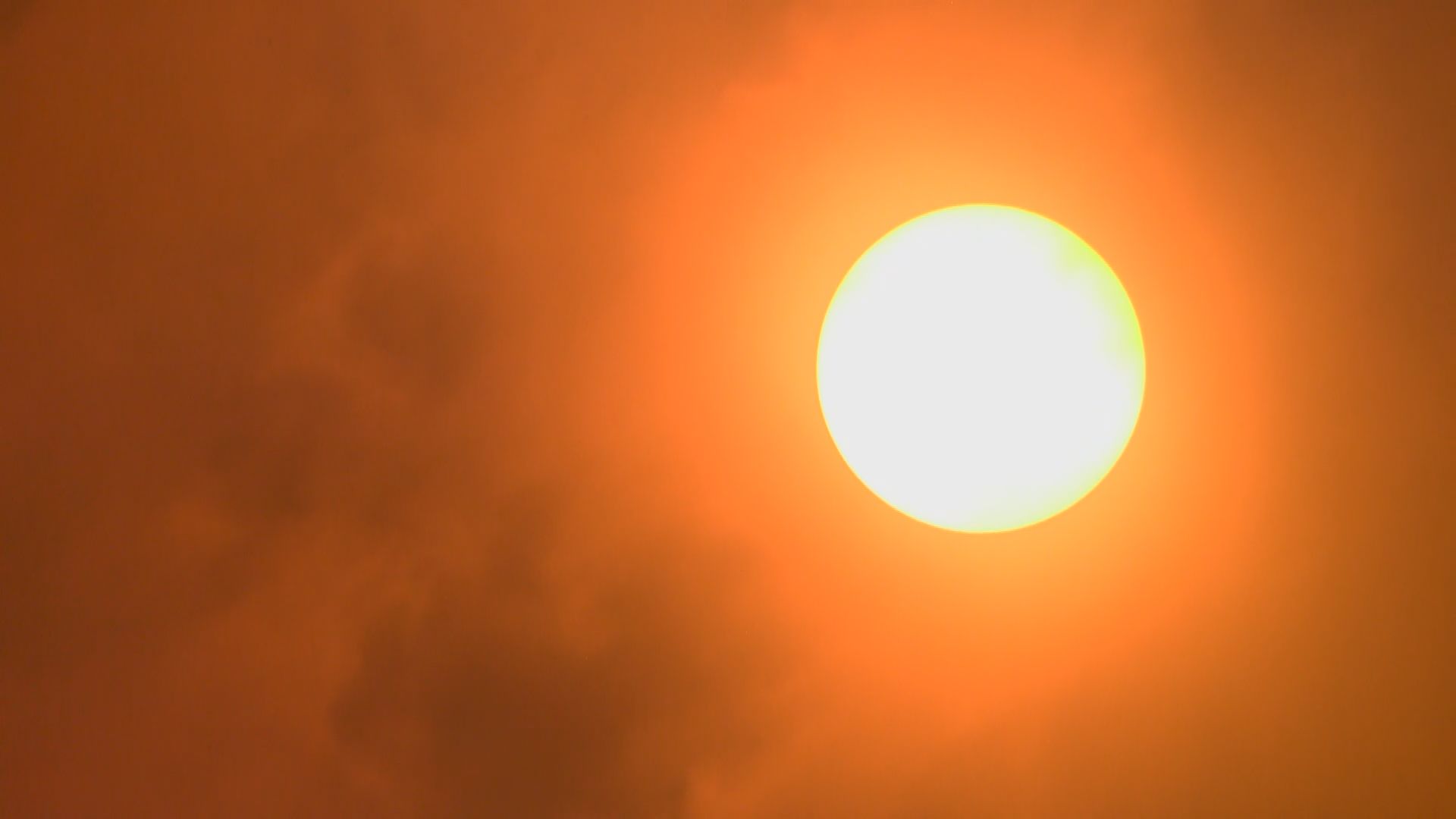
Froula said that’s why it’s important to have a certified solar filter on your eyes in all other times than complete totality. If you plan on looking at the sun through a telescope, binoculars or camera, make sure the solar filter is in front of the lens, not behind. Lenses can focus and intensify the sun's light, damaging the glasses and your eyes.
To protect yourself, Froula recommends only buying glasses that are ISO 12312-2 certified. It should be printed inside the glasses. He also says to buy only from American Astronomical Society-approved companies like Lunt, American Paper Optics, Celestron, Rainbow Symphony and Explore Scientific.
Froula said there’s no quick test for individual pairs – so it’s important to only buy from reputable sources.
“It’s hard to say,” he said, looking at a collection of different glasses. “A couple of these have no markings on them, and appear to be pretty dark. I personally would not use glasses from a company I didn’t know and I wouldn’t recommend it to anybody.”
“Although they’re dark, you don’t know they’re protective,” he said.
“You can do some real damage,” said Kittrell, back at The Muse.
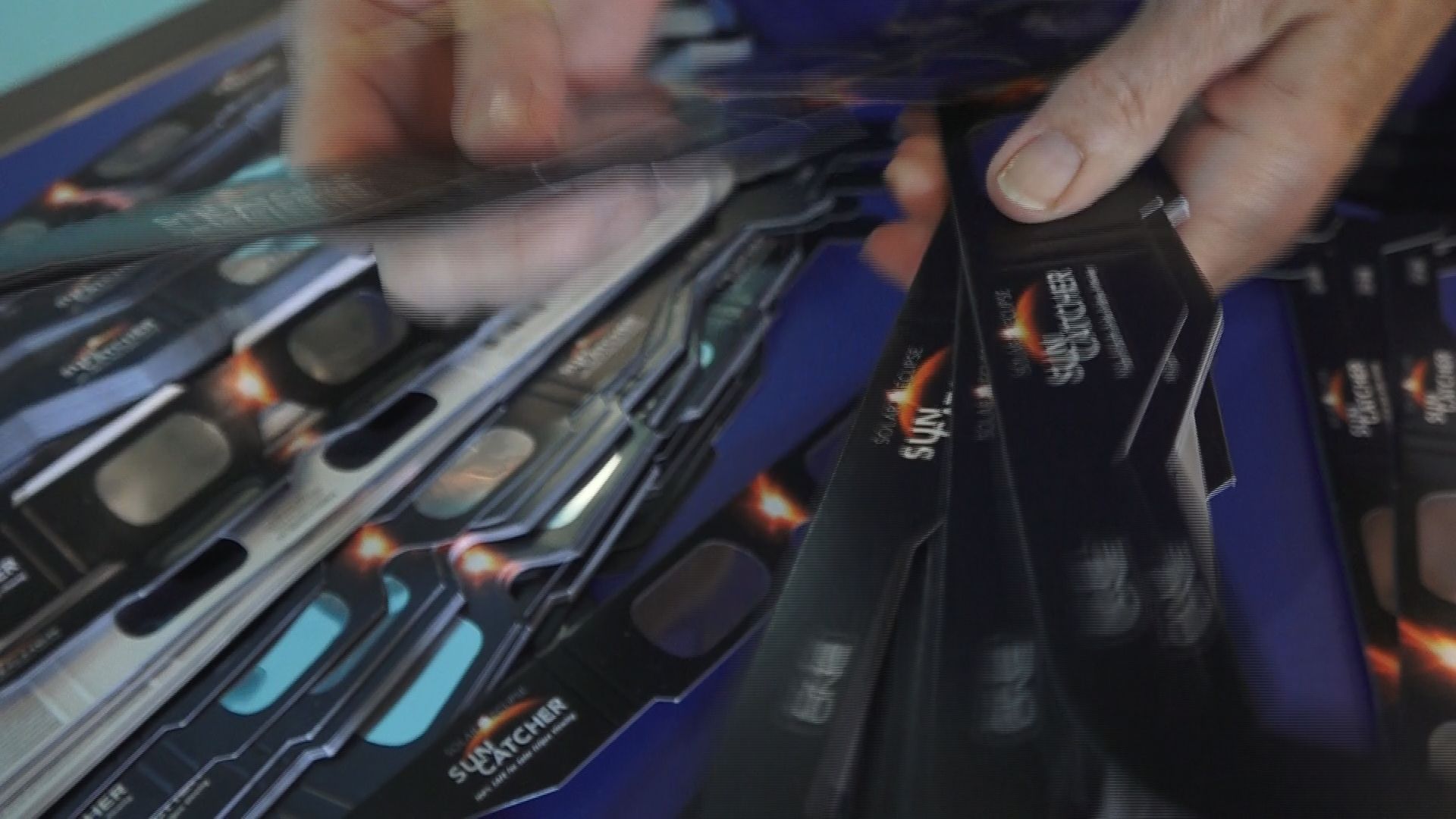
That’s why the museum ordered only from Explore Scientific, a certified manufacturer – to make sure the eclipse of a lifetime doesn’t come with life-long eye damage.
“If you’re going to look at [the eclipse] directly, get the proper glasses,” said Froula. “Use them properly and care for them properly.”

